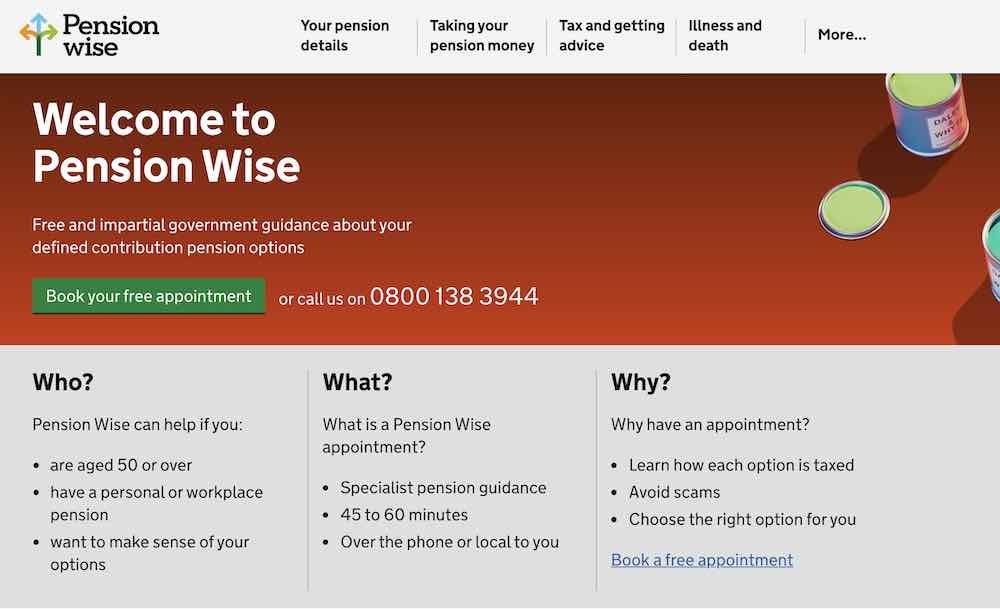
Just 17% of pension ‘dippers’ - savers who 'dipped' into their Defined Contribution (DC) scheme to release cash - used the government’s Pension Wise personal finance guidance service.

Students at Trent University in Nottingham, one of the largest in the country, are to be offered a chance to study and sit CISI exams during their course.

HMRC collected a record £16.7bn in capital gains tax in the 2021/22 tax year.

The Bank of England today increased its base rate by 25 basis points to 5.25%, the highest level seen in 15 years.

The Financial Conduct Authority has put plans to create a simplified advice regime on hold.

The Chartered Insurance Institute has launched a virtual work experience scheme for young people interested in the insurance and Financial Planning professions.

The performance of active equity managers improved substantially in the first half of 2023.

Almost nine in ten (86%) mass affluent pension savers expect the State Pension to be a vital part of their retirement income, according to a new report.

The number of ISA millionaires soared to over 4,070 in April 2021, according to a new report.

The Government has proposed banning cold calls offering any financial products as part of its plan to tackle fraud and scams.